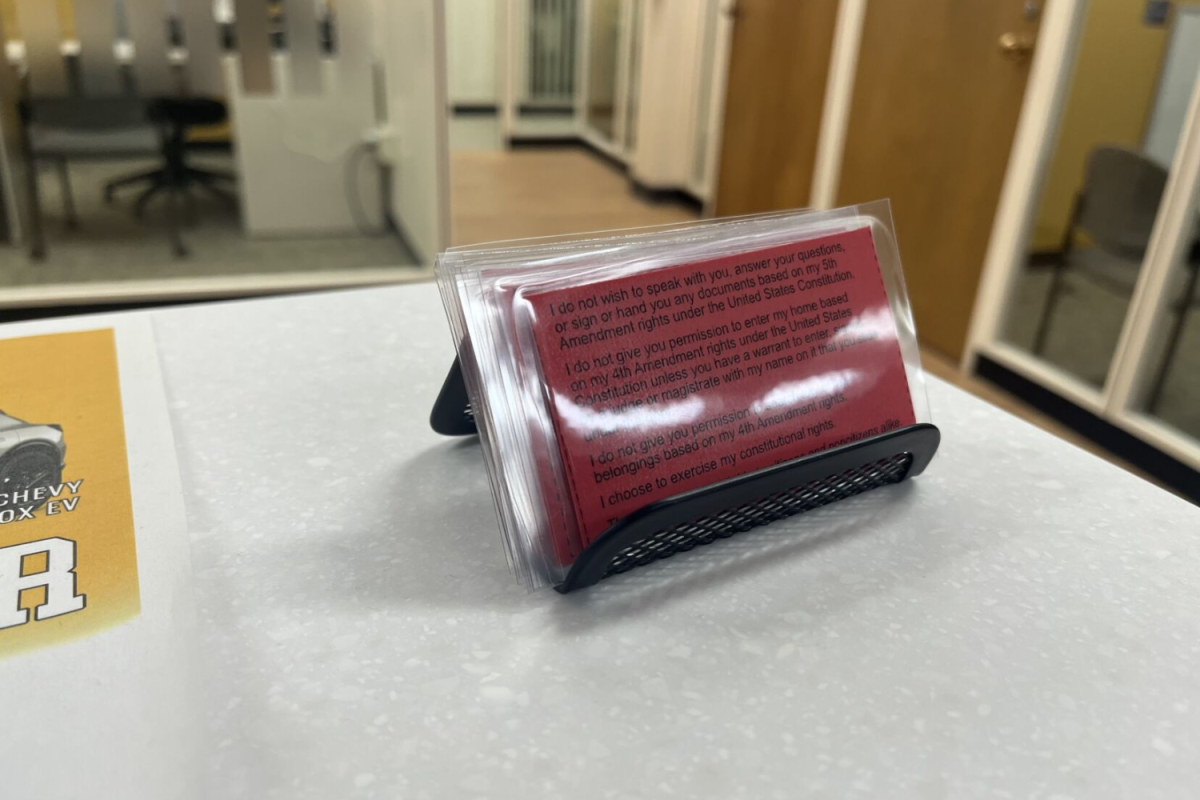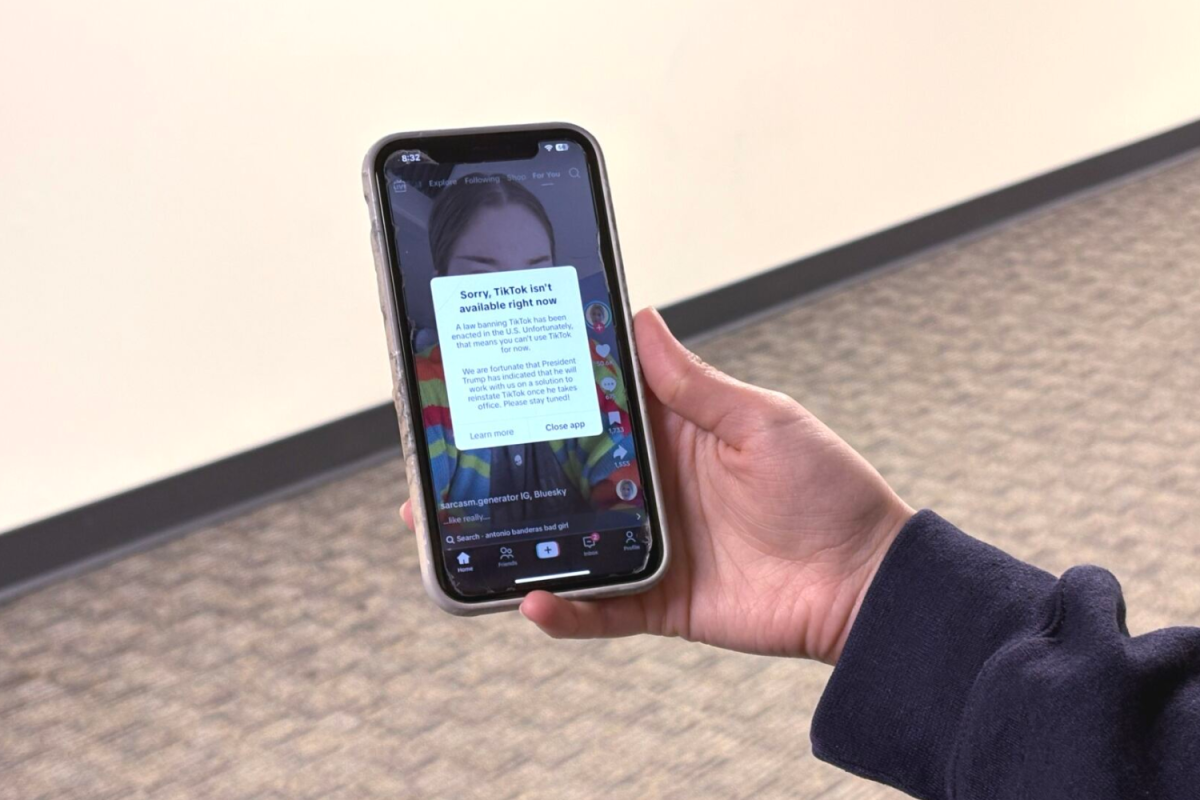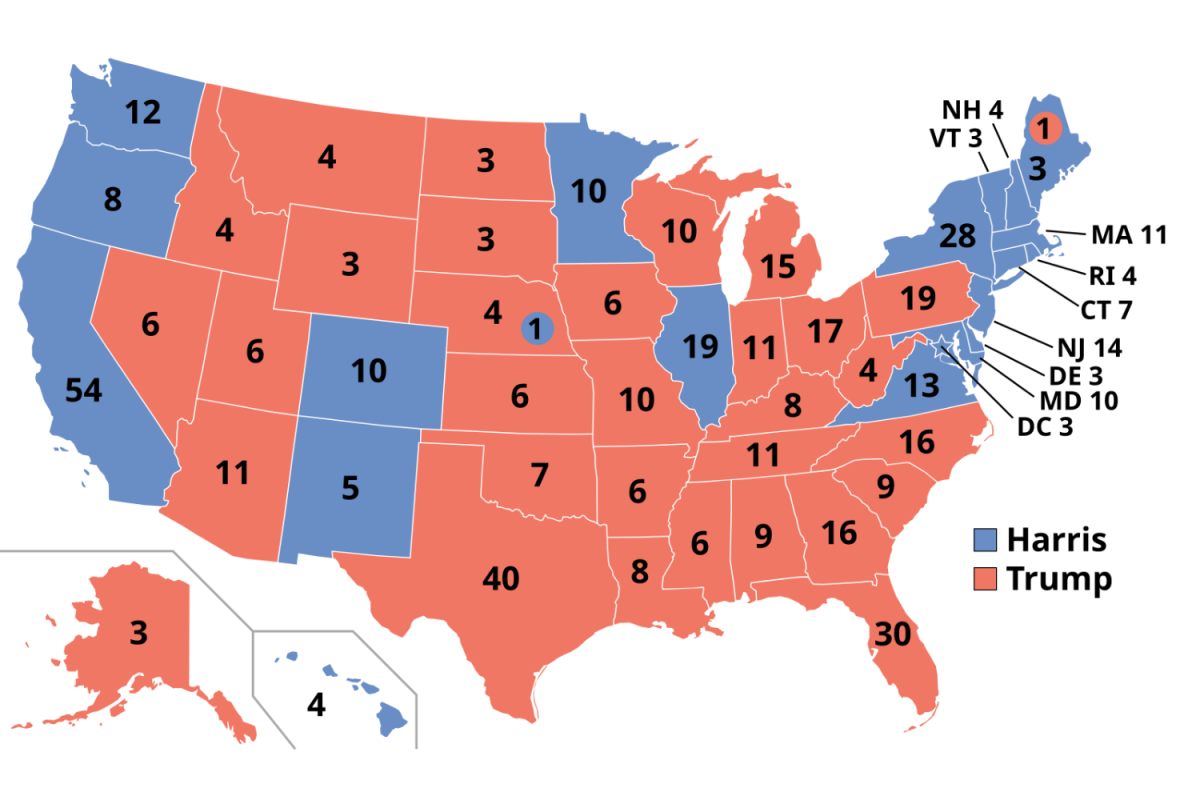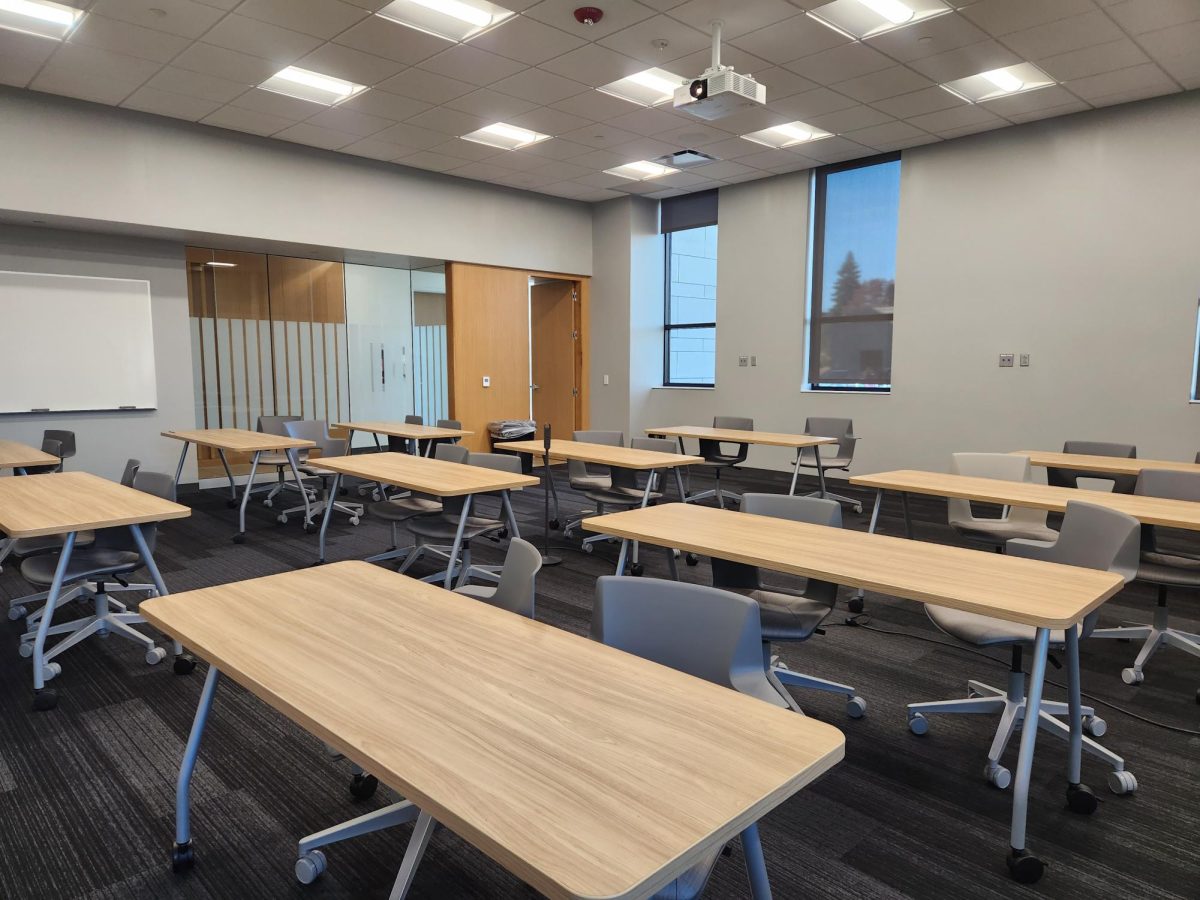On Nov. 27, all full-time teaching faculty will vote in the first round of proposed core curriculum changes for Baldwin Wallace University students. It proves to be the first significant revision since the 1990s.
The voting will occur over two to three semesters, narrowing down the options until an ina l mo del is selected, which will then be implemented for incoming students in fall 2025. All students attending BW before fall 2025 can choose whether to complete the current core model or switch to the new one.
Indira Gesink, core director and professor of history, was appointed in spring 2021 to test and research different models before producing the final three proposed new models, in addition to a fourth option that aims to revise the current model.
In a strategic plan directive, the Strategic Planning Committee told the faculty that the current core model needed to be revised and should be an “innovative student-centered core curriculum that is outcomes-focused.”
The first model, the Modified ACTA Curriculum, would focus on seven areas including English, math, science, social science, political science, foreign language and wellness across 11 to 15 courses.
This model follows an approved curriculum developed by the Association of College Trustees and Alumni and has a focus on “traditional liberal arts,” Gesink said.
The Modified ACTA Curriculum would give BW a rating of A with ACTA, who will then market BW as a new school that follows their curriculum. However, more faculty in economics and either religion or philosophy would need to be added for the curriculum to be implemented, Gesink said.
The second model, the My Comp: Choose Your Competency, will focus on seven foundational skills comprised of English, math, critical analysis, political science, multicultural learning, science and wellness.
In addition to these seven skills, students will also pick three additional classes that follow a theme for a “career competency” based on an additional skill that a student wants to acquire for a total of 11 to 13 courses.
This model involves all courses already offered by BW and could cut the University’s costs by about $1.2 million annually.
“So obviously you’ll have an advanced level competency in your major, an intermediate level competency in your minor and then you’ll have these additional competencies,” Gesink said. “Those are then marked on your transcript that employers can then see, making you more marketable.”
The third model, the Prismatic Pathways Core, will allow students to pick a theme from a predetermined list and then take four courses of different perspectives around that topic.
For example, students will still take foundational courses in areas including English, math, science, multicultural learning, wellness, political science, and teamwork for a total of 11-15 courses. Students are also expected to complete an experiential learning course marked EXP in this model.
Gesink said in her report to faculty that this model has “the greatest potential for core bloat and delayed graduation” if the administration does not offer enough sections for each pathway course.
The fourth option will be to revise the current core model to “make it distinctive” and to “make it more effective so that students are accomplishing the benchmarks for assessment,” Gesink said. This option will only occur if faculty do not vote for any of the new core models proposed.
Brian Monahan, professor of sociology, said one issue with the existing core models is the lack of marketability due to its vagueness. With respect to the new models, he said he hopes that the purposes of having a core are better and feel less like “an additional burden” for students to complete.
“The marketing of the core is a little bit separate from the internal mechanics, which is what we, as a faculty care about,” Monahan said. “[We care about] what schools and departments and programs will be involved, what do we get to teach, and what competencies do we make sure we want to put forward to students.”
Within the final ballot, faculty will vote on additional core add-ons that will be voted on separately and could become additional requirements regardless of which model is chosen. Some add – ons include requiring students to create an e-portfolio before graduation and requiring an experiential learning sequence including campus exploration, service and attending career and networking events.


































